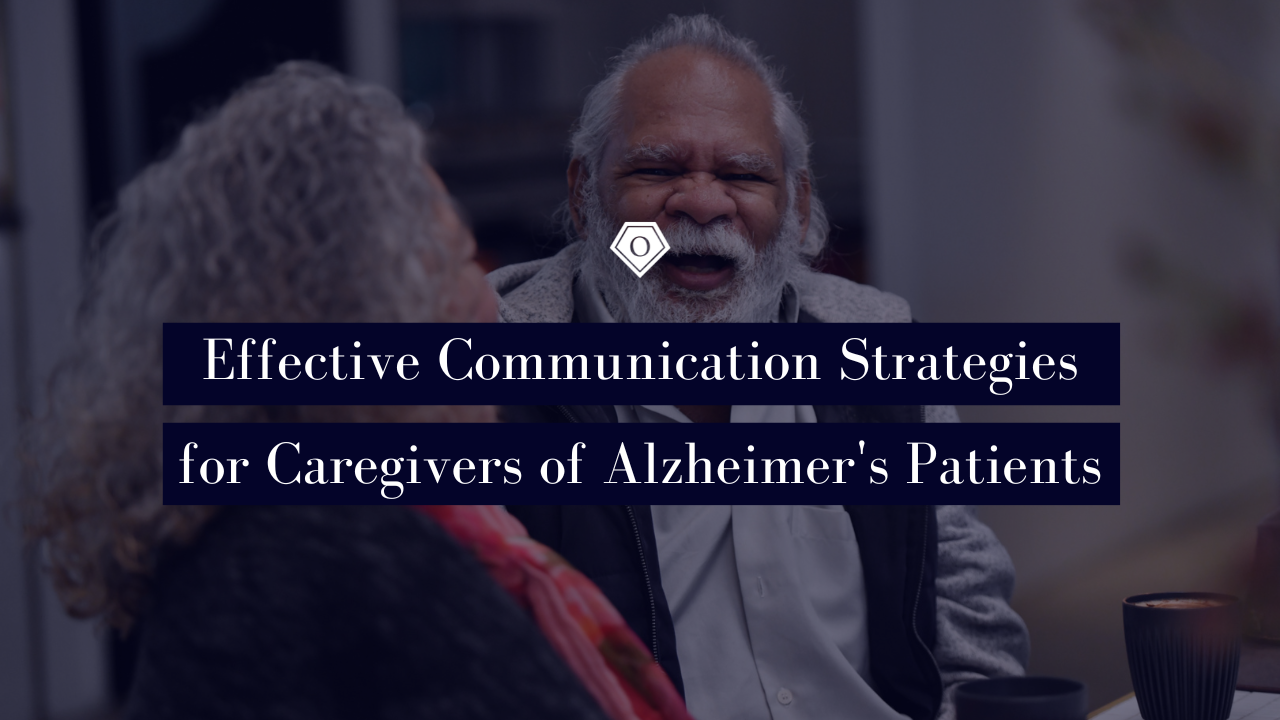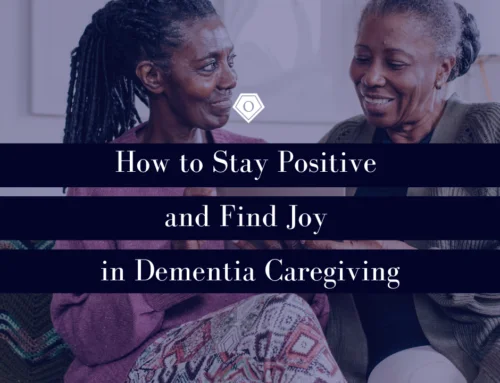Communication is vital in every aspect of our lives, and its importance becomes even more pronounced when caring for someone with Alzheimer’s disease. Alzheimer’s progressively affects memory, cognition, and language abilities, making communication challenging for both patients and caregivers. However, by employing effective communication strategies, caregivers can enhance their interactions with Alzheimer’s patients, fostering understanding, connection, and a sense of dignity. In this comprehensive guide, we’ll explore various communication techniques tailored to the unique needs of Alzheimer’s patients, empowering caregivers to navigate this journey with compassion and effectiveness.
Understanding Alzheimer’s Disease and its Impact on Communication:
Alzheimer’s disease is a neurodegenerative disorder characterized by a decline in cognitive function, memory loss, and changes in behavior and language. As the disease progresses, individuals may experience difficulty finding words, understanding speech, and expressing themselves coherently. These challenges can lead to frustration, confusion, and feelings of isolation for both the patient and their caregivers.
Key Communication Strategies for Caregivers:
Patience and Empathy:
Patience is paramount when communicating with Alzheimer’s patients. Approach interactions with empathy, understanding that their cognitive abilities may fluctuate, and frustration is common. Speak calmly, using a gentle tone and non-verbal cues such as facial expressions and gestures to convey warmth and reassurance.
Simplify and Clarify:
Simplify your language and use clear, concise sentences to convey your message. Avoid complex or abstract concepts, and break information into smaller, more manageable chunks. Provide one-step instructions and allow sufficient time for the individual to process and respond.
Active Listening:
Practice active listening by giving the person your full attention and validating their feelings and concerns. Maintain eye contact and use affirmative nods and verbal cues to indicate understanding. Avoid interrupting or correcting their speech, as this can cause frustration and undermine communication.
Non-Verbal Communication:
Non-verbal cues play a crucial role in communication, especially for Alzheimer’s patients who may struggle with language. Use facial expressions, gestures, and touch to convey warmth and support. Maintain a relaxed posture and approach the individual from the front to avoid startling them.
Validation Therapy:
Validation therapy involves acknowledging and validating the emotions and experiences of Alzheimer’s patients, even if they seem disconnected from reality. Instead of correcting or arguing, enter their reality with empathy and validation. For example, if they express a desire to visit a deceased loved one, respond with compassion and reminisce about positive memories.
Establish Routine and Familiarity:
Consistency and familiarity can provide a sense of security and stability for Alzheimer’s patients. Establishing a predictable routine and environment can reduce anxiety and confusion, making communication more effective. Use familiar objects, photographs, and cues to evoke memories and facilitate engagement.
Use Visual Aids:
Visual aids such as calendars, clocks, and picture boards can help individuals with Alzheimer’s orient themselves and understand daily routines. Use visual cues to reinforce verbal instructions and provide context for activities and tasks.
Encourage and Validate:
Encourage participation and independence by involving the individual in decision-making and activities. Offer praise and positive reinforcement for their efforts, regardless of the outcome. Celebrate small victories and milestones, fostering a sense of accomplishment and self-worth.
Manage Frustration and Agitation:
Alzheimer’s patients may experience frustration and agitation due to communication difficulties and cognitive decline. Stay calm and composed, and avoid escalating conflicts. Redirect their attention to a different activity or topic, and provide opportunities for relaxation and sensory stimulation.
Seek Support and Education:
Caring for someone with Alzheimer’s can be emotionally and physically demanding. Seek support from healthcare professionals, support groups, and online resources. Educate yourself about the disease and communication strategies to better understand and support your loved one.
Effective communication is essential for maintaining connection, dignity, and quality of life for individuals with Alzheimer’s disease. By employing patient, empathetic, and person-centered communication strategies, caregivers can enhance their interactions with Alzheimer’s patients, fostering understanding, validation, and emotional well-being. Remember to approach each interaction with compassion, flexibility, and creativity, adapting your communication style to meet the individual’s unique needs. With patience, practice, and support, caregivers can navigate the challenges of Alzheimer’s disease with grace and resilience, enriching the lives of those they care for and strengthening their bond of love and companionship.






